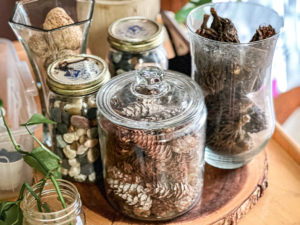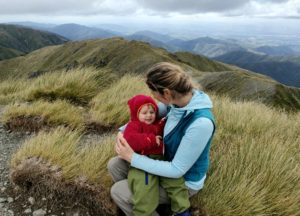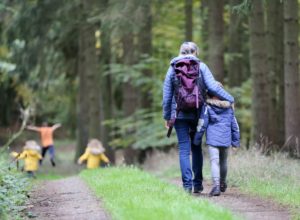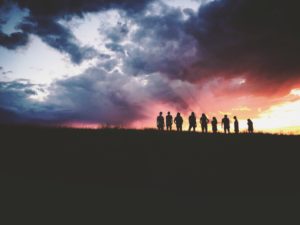No products in the cart.
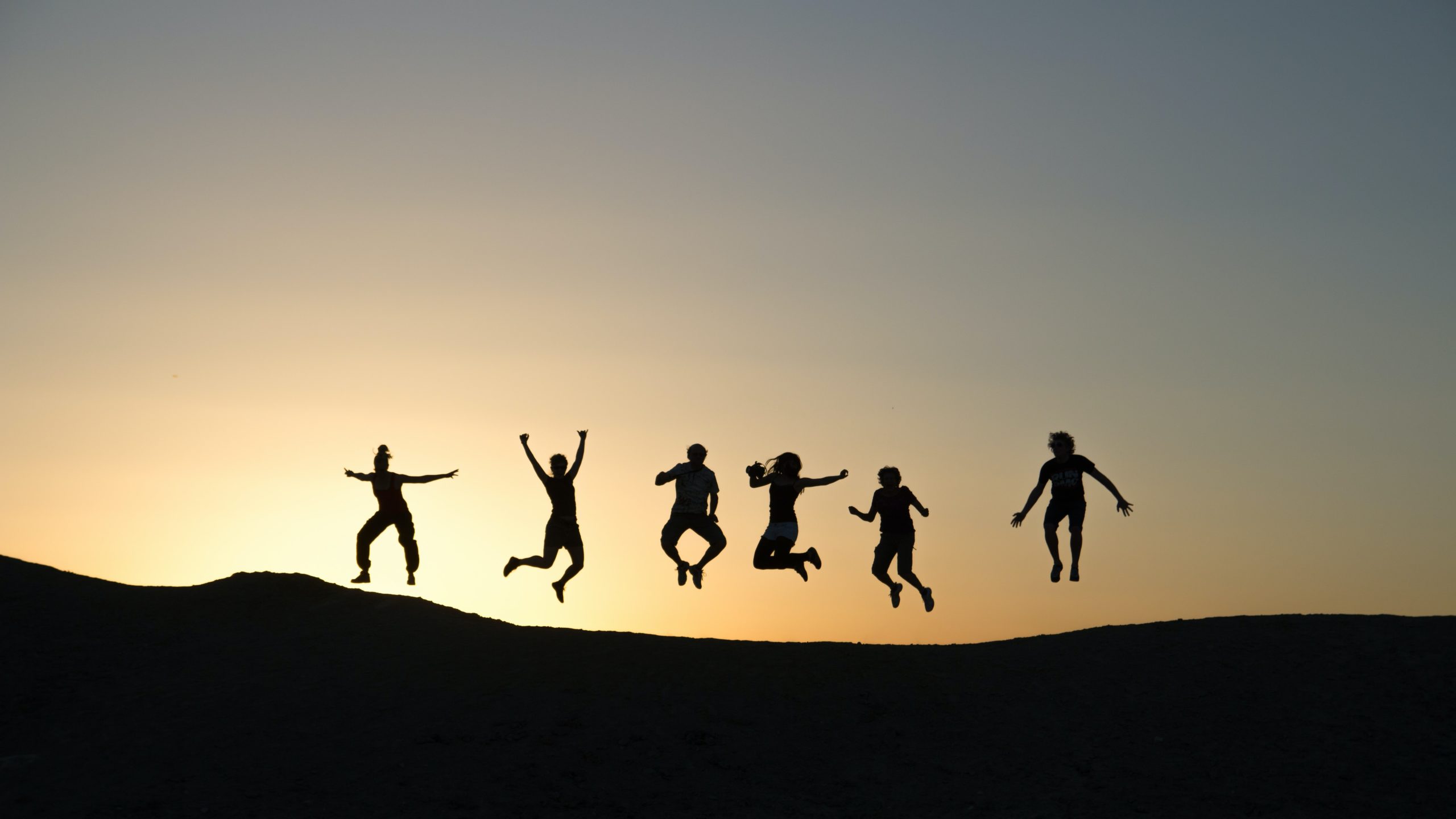
Making the outdoors a more inclusive space is incredibly important to us at Kids Who Explore. We believe that everyone has a place in nature, and continue to educate ourselves on ways we can make the outdoors more welcoming. Here are a few simple tips we’ve come up with help make the outdoors a more inclusive space:
Educate yourself on the history of the outdoors
and listen to the stories of those who have made an impact in diversifying the outdoor community. Listening to BIPOC historians gives you a deeper understanding of the American National Park system. When the National Parks system was launched a century ago, it was intended to preserve the natural beauty of the parks for future generations; but the Parks’ history is much more complicated than that — involving exclusion and ethnic cleansing.
Educating yourself and younger generations allows for a greater appreciation for the outdoors and the land we are on today.
Making sure all those experiencing the outdoors feel welcome and safe
No matter what your skill level or ability is, there is a space for you in nature. Allowing nature to raise our children has proven benefits beyond belief, and taking away this safe space can take away the long term benefits nature has on the younger generations.
Marginalized groups in the outdoor community not only encounter psychological discomfort in the outdoors, but also physical safety being an issue. Whether it be fear of judgement, harassment, assault — whatever concern it may be — no one should have to feel this way while exploring in nature. Creating a safe and welcoming atmosphere will always promote more diversity in the outdoors.
Supporting organizations working towards outdoor diversification
Promoting diversity and fairness in other outlets like supporting organizations is a great way for support to make an impact. From booking a tour through a tourism board such as Indigenous Tourism Alberta, or donating to organzations such as Camber Outdoors — who spent the past two decacdes fighting for women’s equality in the outdoors industry, expanded its mission this year to encompass all racial and ethnic groups, the LGBTQ community, and people with disabilities.
Diversity looks different for everyone. Diversity for you may be having a different skin color than your neighbor, or your best friends’ abilities being different than yours — but that doesn’t mean said person deserves to be in nature any less.
Use your voice to promote the need for economic accessibility
Creating more access points that allow for users to enter parks, trails and more. Just because someone may be mobility restrictions, doesn’t mean that they shouldn’t have access to said area. Creating more access points opens the door for more people to experience what they should never miss out on. Attending counsel meetings is a great way to get your voice heard, but also writing in to any community forums.
Certain Parks offer ‘Free Admission’ days, but it isn’t often, nor is it a program recognized amongst all Parks. First-Timer admission programs promotes new visitors to the park, and promotes people to get out that may not of thought to get out before.
Attend cultural events hosted by local Parks
Attending cultural events hosted by local parks is a great way not only to expand your knowledge of other backgrounds and ethnicities, but also gets you families with smaller urban parks and other unpopular areas. These areas hold tons of history that is dying to be shared by older members of the BIPOC outdoor community. By attending these events in smaller areas, you are breaking the stigma that the outdoors needs to be extravagant.
You don’t need to go to Banff, or the Grand Canyon, or Zion, to be ‘outdoorsy’. You can still be ‘outdoorsy’ and just be at a local park within your city. Edmonton, Alberta hosts ‘Heritage Days’ every year, where hundreds of people gather in a park downtown and people try food, treats and more from multiple different cultures. A perfect amount of fun, and outdoors — check to see if your area has something similar.
Understanding how to make the outdoors a more inclusive space can be difficult, but putting in the work is the only way it can be done. We hope these tips help you understand how you can assist in making the outdoors a more welcoming and safe space for all those wanting a place.
Don’t forget to tag us @KidsWhoExplore #KidsWhoExplore for your chance to be featured on our Instagram page. Happy Exploring!

